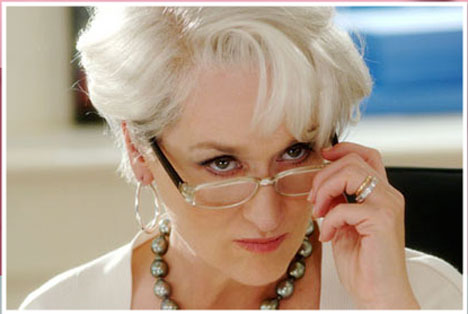Mixed messages on dating and 'leaning in'
/March 13, 2013

(Are they leaning in, or back?)
I was listening to the Slate DoubleX podcast at the weekend and towards the end DoubleX and New Republic writer Noreen Malone made a good point. To be fair, it's one I first heard from my friend and former Marketplace colleague, the ever observant Stacey Vanek-Smith, a few months ago. As the wider world becomes more aware of Sheryl Sandberg and her book 'Lean In' it's worth echoing what Stacey and Noreen have said: when it comes to advice, women's dating and work lives clash. In the world of dating, 21st century advice is still to lean back, not in (unless the date is going really well) and let the man take the initiative in everything. Women are advised that no matter how far we may appear to have come, the man must be allowed to take charge. Don't call him, let him call you. Don't bug him. Don't talk too much. Don't offer to pay. (I regularly flout all this advice. Hmm...) So is it surprising that women do not - in general - conduct themselves at work in the more confident manner Sandberg advocates? I'm only on the first chapter of 'Lean In' but I was interested to note that as a young woman, Sandberg thought getting married was the achievement to end all others. She turned down her Harvard mentor Larry Summers' advice to get a fellowship abroad because it didn't mesh with her determination to land a husband ASAP. The idea that getting married should be a top priority came from her parents, who had stressed it throughout her youth. Most women, even in the educated, privileged world I mainly operate in, still harbor this exact same belief, even if they may not always articulate it. Anyway, it makes sense to me that part of the reason putting themselves forward in a work situation may seem distasteful to so many women, as it did to me for ages, is linked to the decades-old messages we receive on finding a mate.
Changing the subject, this is a great piece by Elizabeth Yin of LaunchBit on being a female company founder vying for venture capital dollars in Silicon Valley. From being called a 'meek Asian woman' to being mistaken for the catering staff at events, the indignities mount, and female readers' jaws drop. I'd love to have her on the show.


